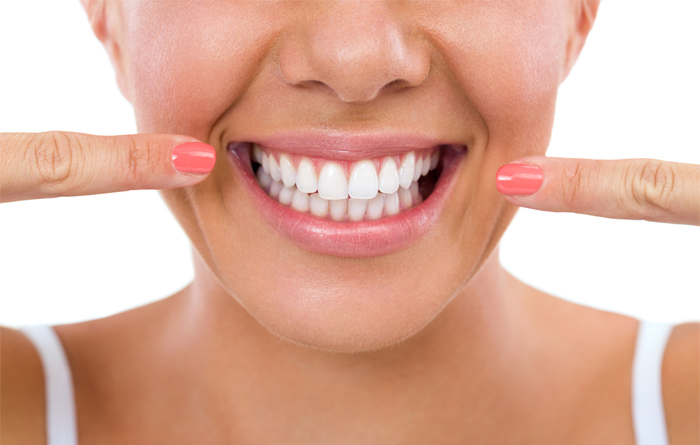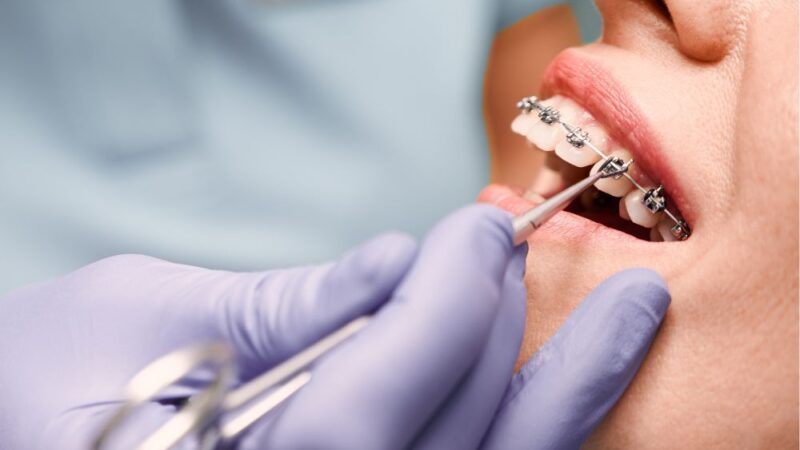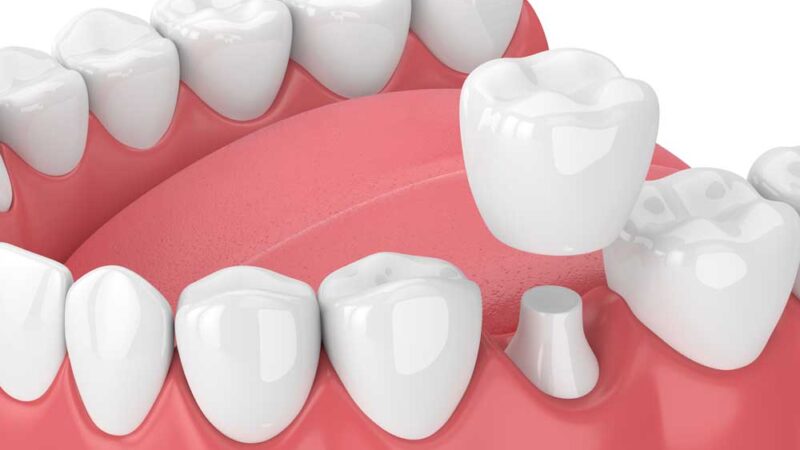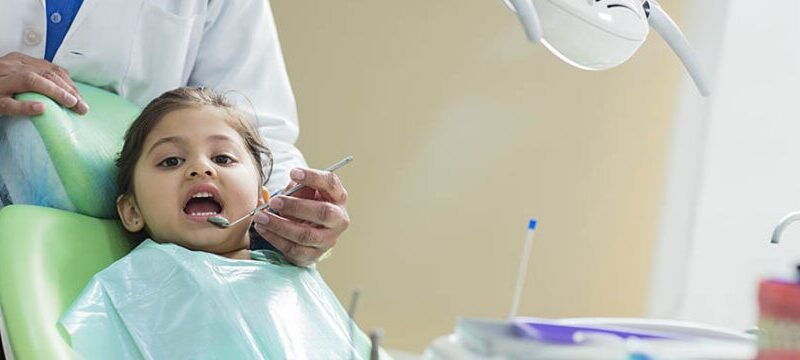Top Dental Anxiety Causes and How to Manage Them
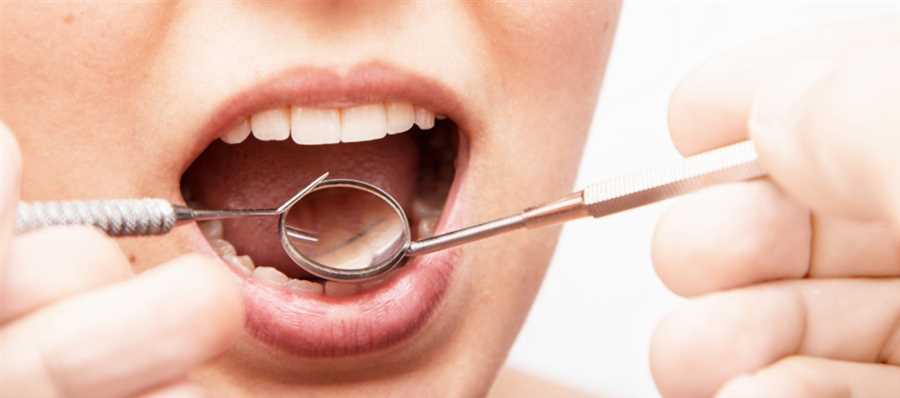
Many people will agree visiting the dentist is something they don’t look forward to. If anything, you are not alone. Dental anxiety and dental phobia are quite prevalent. At least 13 to 24% of people experience them. Dental anxiety is characterised by stress or fear a person experiences when visiting the dentist.
Dental phobia on the other hand, is considered more severe. Those with dental phobia often delay visiting the dentist or avoid visiting the dentist altogether until the pain becomes too unbearable. Dental phobia or dental anxiety has several triggers. The triggers can vary from one patient to another.
Fortunately, with the introduction of painless dentistry, dental phobia and dental anxiety have become easier to manage. Dentists are also not only highly skilled, they also know how to make their patients feel comfortable and at ease so their visit is as smooth sailing as can be.
Causes of Dental Anxiety and How to Address Them
Below are some of the prevalent causes of dental anxiety and some effective ways to manage them:
Fear of Pain
The fear of pain is often caused by a painful dental experience in the past or hearing about the painful dental experiences of others.
How to Address Fear of Pain
Understandably, everyone wants to experience as little pain as possible. Fortunately, modern dentistry has truly come a long way and it is now possible for dental treatments and procedures to be carried out with very minimal or no pain at all.
It would also help that you do deep breathing and meditation exercises when you feel your body becoming tense. Keep in mind that your sensitivity to pain can also increase dramatically when you are highly tense or stressed.
Fear of Needles or Injections
The fear of needles is quite common. This is especially true since it is inserted in the mouth. For some, the mere thought of the needle being injected in their gums is enough to make them palpitate.
How to Address Fear of Needles or Injections
To ensure patients will feel as less pain as possible, dentists will use a topical gel to numb the gums before the needle is injected. It is also reassuring to know that anesthesia needles used nowadays are much thinner compared to before.
Distracting yourself can also be an effective way to get your mind off the needle. In line with this, it is considered a good idea to bring your headphones so you an distract yourself by listening to your favorite songs or podcast.
Fear of Anesthetic Side Effects
Many patients worry about the likely side effects that can develop from the use of anesthesia. This can include feeling nauseous and dizzy and experiencing numbness of the lips or mouth. While said side effects are often temporary and will go away on their own, they can be worrisome for many patients.
How to Address Fear of Anesthetic Side Effects
If you are afraid of possible anesthetic side effects, it is recommended that you speak with your dentist about it. Your dentist can help you by giving you a walk through of what happens at certain stages and what you can expect after you have been given the anesthetic.
Fear of Feeling Helpless
Sitting in a chair and not knowing what to expect or what is happening can cause many people to feel vulnerable and uneasy. Feeling helpless or having no control can also be attributed to a previous trauma to the neck or head.
How to Address Fear of Feeling Helpless
To avoid feeling helpless or vulnerable while sitting in the dental chair, it would help if you know what will transpire during the procedure or treatment. That said, you can ask your dentist to explain every aspect of the treatment so you would know what to expect.


